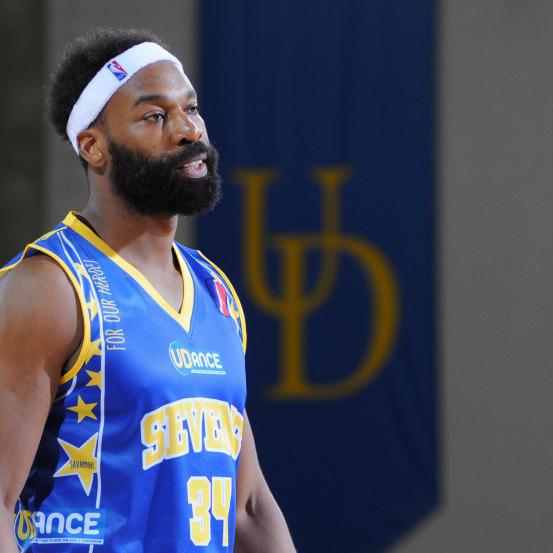- Commissioner’s statement on Ventura, Marte
- Ronnie O’Sullivan: Masters champion ‘felt so vulnerable’ in final
- Arron Fletcher Wins 2017 WSOP International Circuit Marrakech Main Event ($140,224)
- Smith challenges Warner to go big in India
- Moncada No. 1 on MLB Pipeline’s Top 10 2B Prospects list
- Braves land 2 on MLB Pipeline’s Top 10 2B Prospects list
- Kingery makes MLB Pipeline’s Top 10 2B Prospects list
- New Zealand wrap up 2-0 after Bangladesh implosion
- Mathews, Pradeep, Gunathilaka to return to Sri Lanka
- Elliott hopes for rain for Poli
Baron Davis’ ‘The Drew’ Is a Story Worth Telling
- Updated: May 5, 2016

The Drew: No Excuse, Just Produce opens with a famous and true quote from Nelson Mandela about the power of sport. To paraphrase: Sport brings people together. It strengthens bonds within communities and families that are otherwise fractured. It channels anger, demands focus and—for a lucky few—rewards hard work with an unimaginably opulent lifestyle.
Baron Davis, the documentary’s director and a 13-year NBA veteran, is one of those lucky few. And none of it would be possible without South Los Angeles’ Drew League, one of the country’s most celebrated basketball leagues that just so happens to be located in one of its most defeated neighborhoods. Davis played his first Drew League game when he was only 13. He never stopped going back.
Share Tweet
His film stands tall as a show of gratitude to the sport that scooped him from poverty, but this isn’t a basketball story so much as an informative tale about the positive influence local institutions can have on their compromised population.
At the center of it all is a gregarious, portly man named Oris “Dino” Smiley, the Drew League’s commissioner since 1985. Amid all the gang violence, drugs and decay that’s surrounded him since he moved to South L.A. in 1963—two years before the Watts riots and three decades before the Rodney King verdict—Smiley ungrudgingly presses on inside the hurricane’s eye.
Like Davis, he’s quick to laugh and eternally grateful. Smiley’s life story carries the movie from the Drew League’s valleys (the hopelessness of educational budget cuts and senseless death) to its apex—the 2011 NBA lockout, when Earth-stopping appearances by Kevin Durant, Kobe Bryant and LeBron James lifted the league’s profile to an unprecedented height.
The dozen or so NBA players spliced through Davis’ film give it a jolt, but the actual Drew League stands credible without them. These aren’t megastar celebrities once they step into that sweltering gym. They’re members of a community. Everyone has a part to play.
Bleacher Report sat down with Davis to discuss the documentary, the current postseason and his attempt at an NBA comeback.
Bleacher Report: As someone who made such a personal film that in so many ways wound up being about your childhood, where you grew up and a sport that ultimately changed your life, what are some things you learned over the past four years making this documentary that you didn’t already know?
Baron Davis: I think for me, how important family and community is. And how to take …
continue reading in source www.bleacherreport.com
